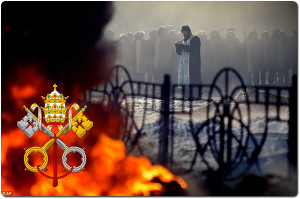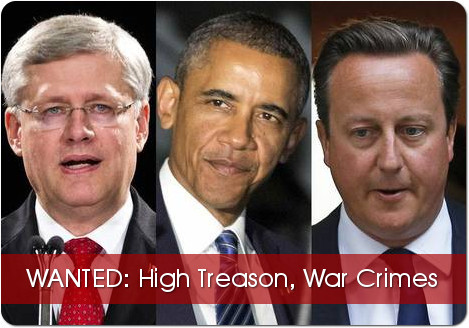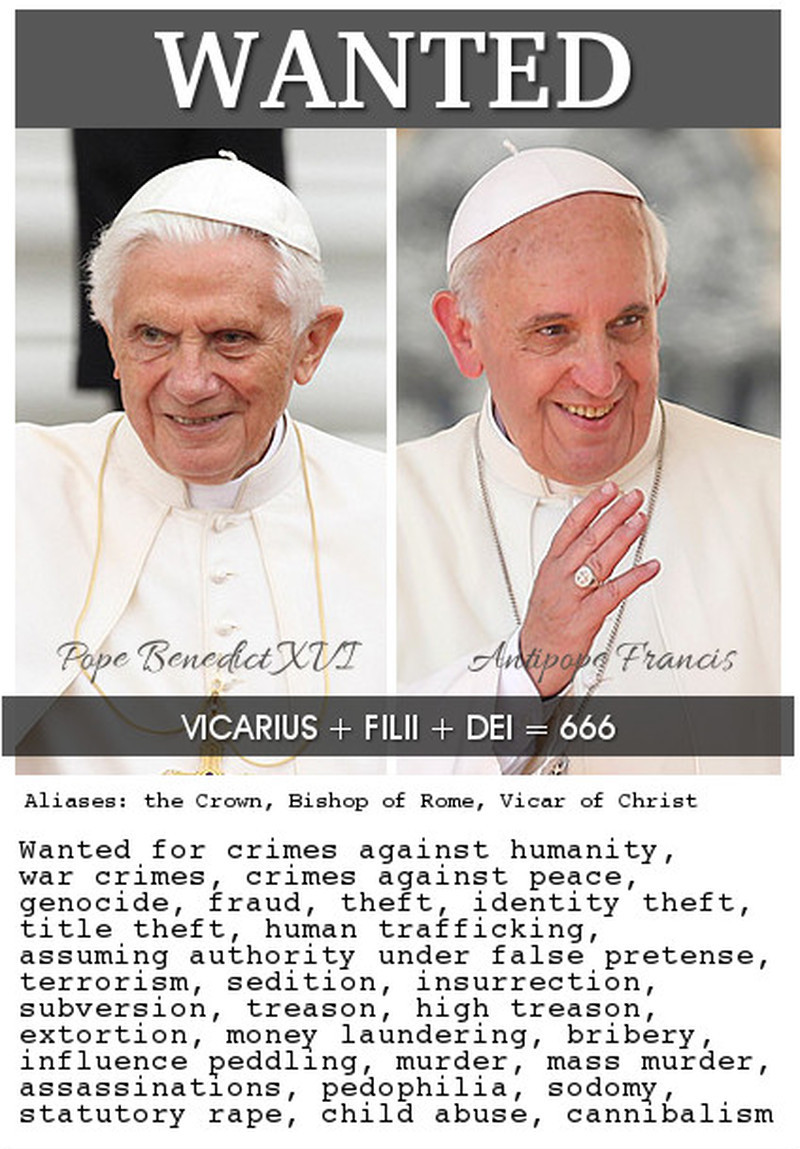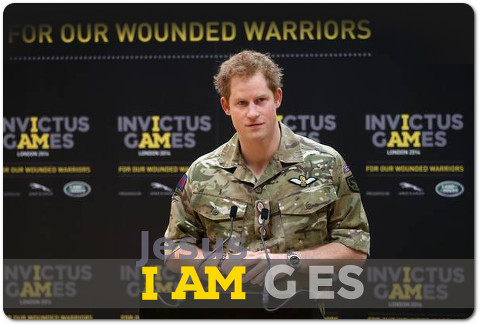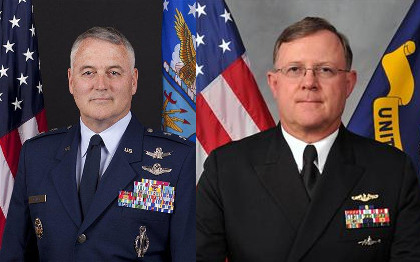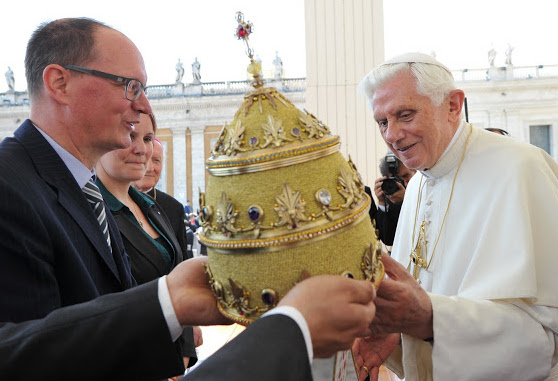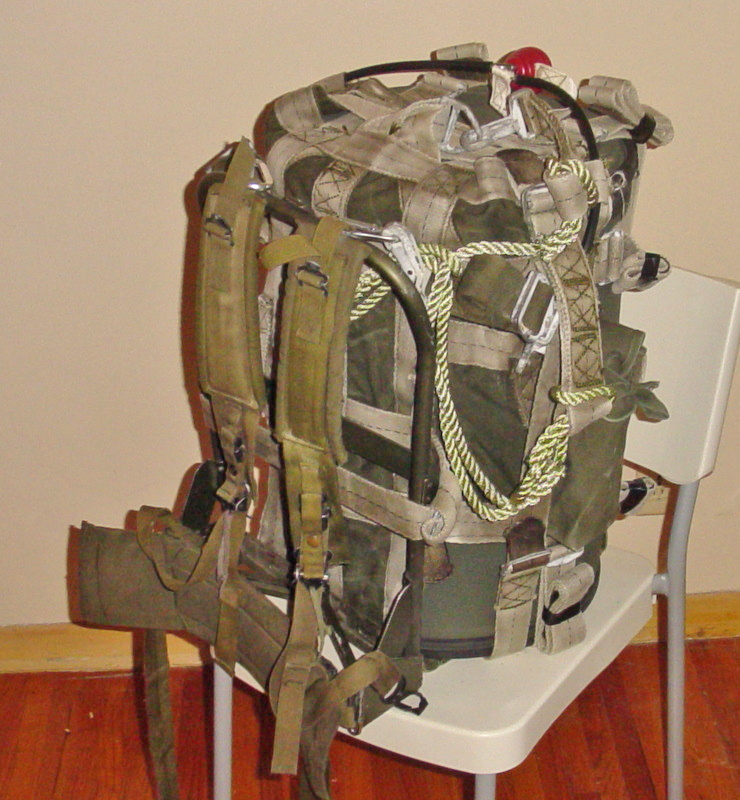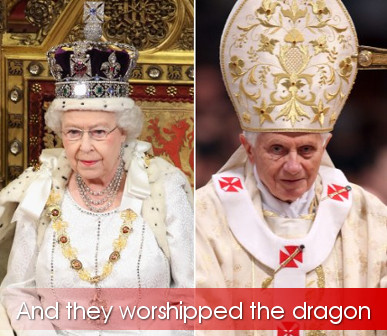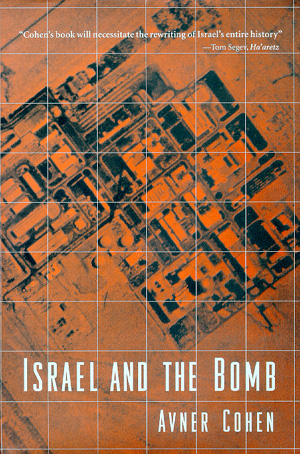International law declares NATO as the enemy and “unlawful” combatants in Afghanistan.
Latest news, Special Report, World news Monday, December 13th, 2010
The Hague Conventions addressed the rules of law for any armed conflict. The very first Hague law stresses peaceful settlement of disputes, going to great lengths to prevent war through very specific procedures intended to reach a diplomatic solution to any national and/or international disagreement. Arbitration, Committees of Inquiry, neutral mediators and what can be described as a 30-day “time out” are all called upon in order to avoid war. It is only once all of these steps have been exhausted that it is acceptable to declare war. And then, a formal declaration is necessary. All undeclared wars and surprise attacks are illegal under international law.
The right of belligerents (the United States, and NATO countries) to adopt means of injuring the enemy is not unlimited. (Hague IV). It is illegal to misuse a white flag, a symbol of surrender or truce (Hague IV); it is illegal to kill or injure (including torture) a person who has surrendered; it is illegal to attack a defenseless person or place; it is illegal to attack a building that is being used as a hospital.
National and cultural symbols are protected. Armed forces may not use the enemy’s flag, uniform or insignia, nor the symbol of the Red Cross, for their own purposes. The enemy’s property is not to be taken or destroyed unless it’s critical to military operations. Structures dedicated to art, science and charitable missions, as well as any historic or cultural objects, are off limits, unless, of course, they are being used for military operations.
There is a ban on weapons whose purpose is to maximize pain and suffering: no poisoned weapons; no bullets that do additional damage once inside the body; no chemical or biological weapons.
Chemical and biological warfare is addressed by both the Hague and Geneva laws. Declaration II of The Hague Peace Conference made deadly gas attacks illegal back in 1899. The 1925 Geneva Protocol prohibited lethal gas and bacterial methods of warfare. The Geneva Convention of 1972 reiterated this prohibition by outlawing the “development, production and stockpiling” of these weapons and insisting on the elimination of any already in existence.
Genocide — the systematic destruction of a particular group of people (the Taliban was the political party of the Afghan people until the US and NATO overthrew them in an undeclared, unproved armed attack) based on nationality or ethnicity — is prohibited by a 1948 treaty dedicated solely to its prevention and the punishment of those who commit it.
Sick, wounded or surrendering lawful combatants must “in all circumstances be treated humanely, without any adverse distinction founded on race, colour, religion or faith, sex, birth or wealth, or any other similar criteria” (Geneva I). It is illegal to kill, mutilate, torture or perform “biological experiments” on a wounded or sick person or surrendering lawful combatant. It is illegal to treat this person in a “humiliating and degrading” manner. It is illegal to hold this person hostage.
The rules of war is body of customs, practices, usages, conventions, protocols, treaties, laws, and other norms that govern the commencement, conduct, and termination of hostilities between belligerent states or parties.
Frequently violated and sometimes ridiculed, the rules of war have evolved over centuries. They distinguish nations whose armed forces respect some minimal standard of human decency from terrorists, marauders, and other outlaws who use illegal and unrestricted methods of warfare to achieve political, economic, or military objectives.
The point of these rules is not only to distinguish combatants from noncombatants but to distinguish conventional soldiers from hired assassins (CIA), spies (CIA, MI5), and mercenaries (Black Water aka Xe) who circumvent the customs of war in order to accomplish an end that could not be achieved by regular armed forces. Because assassins, spies, and mercenaries do not comply with the rules of war, their captors need not either. Similarly, combatants who attempt to flout the rules of war by disguising themselves in civilian clothing (CIA, MI5, Black Water) or enemy uniforms may be treated as ordinary criminals.
They may also be treated as “enemy” or “unlawful” combatants, a kind of purgatory between civilian status and prisoner-of-war-status. In response to the September 11th attacks in 2001, the United States launched a war of terrorism, which included a specific military operation (an undeclared war and unprovoked armed attack) against the Taliban government in Afghanistan and members of the CIA created al Qaeda terrorist organization conducting terrorist operations for the United States from there. During this ongoing illegal conflict, the U.S. and NATO military forces have captured thousands of Taliban and resistance fighters (Ronald Regan called them freedom fighters), hundreds of whom were allegedly not complying with the rules of war, failing to wear uniforms with insignia clearly displayed, failing to carry their weapons openly, and failing to organize themselves in units subject to a hierarchical chain of command.
The North Atlantic Treaty
Washington D.C. – 4 April 1949
The Parties to this Treaty reaffirm their faith in the purposes and principles of the Charter of the United Nations and their desire to live in peace with all peoples and all governments. They are determined to safeguard the freedom, common heritage and civilisation of their peoples, founded on the principles of democracy, individual liberty and the rule of law. They seek to promote stability and well-being in the North Atlantic area. They are resolved to unite their efforts for collective defence and for the preservation of peace and security. They therefore agree to this North Atlantic Treaty
The United States White House and NATO officials have argued that members of the Afghan freedom fighters, the Taliban, and other alleged terrorists do not qualify as lawful “enemy combatants” and therefore are not accorded rights under the Geneva Conventions, the internationally accepted rules on conduct during wartime that govern the treatment of detainees, among other things. The US government and NATO say terrorists do not enjoy legal protections because they do not follow any rules of war: They fight for no nation-state (the Taliban and other Afghan resistance groups are fighting to liberate their country, Afghanistan, from the armed occupation by US and NATO forces), they target innocents (the US and NATO target and attacks civilians on a daily bases both on the ground and with unmanned armed drones), they wear no insignia (US, Canada and NATO forces wear no clearly visible insignia whatsoever while on patrol or during combat – in direct violation of the rules of law – failing to wear uniforms with insignia clearly displayed) , and they disguise themselves as civilians (the US Black Water mercenaries, the CIA and MI5 all wear civilian clothing). The entire NATO forces do not qualify as lawful “combatants” and therefore are not accorded rights under the Geneva Convention. International law and NATO’s own treaty declares NATO as the enemy and “unlawful” combatants in Afghanistan.
Short URL: https://presscore.ca/news/?p=41

 The Halifax International Security Forum was founded in 2009 as a propaganda program within the German Marshall Fund (founded June 5, 1972 by West German Chancellor Willy Brandt) by the Crown in Canada using Crown Corp ACOA & DND funds. The Halifax International Security Forum is a front that is used to recruit top US, UK and Canadian gov and military officials as double agents for Canada's WWI, WWII enemy and wage new Vatican Germany Cold War.
High Treason: s.46 (1) Every one commits high treason who, in Canada (c) assists an enemy at war with Canada, ..., whether or not a state of war exists". Every one who, in Canada assists Canada's enemies wage "piecemeal WWIII" Cold War by organizing, funding and participating in the Germany government politically and militarily benefitting / lead Halifax International Security Forum is committing high treason.
The Halifax International Security Forum was founded in 2009 as a propaganda program within the German Marshall Fund (founded June 5, 1972 by West German Chancellor Willy Brandt) by the Crown in Canada using Crown Corp ACOA & DND funds. The Halifax International Security Forum is a front that is used to recruit top US, UK and Canadian gov and military officials as double agents for Canada's WWI, WWII enemy and wage new Vatican Germany Cold War.
High Treason: s.46 (1) Every one commits high treason who, in Canada (c) assists an enemy at war with Canada, ..., whether or not a state of war exists". Every one who, in Canada assists Canada's enemies wage "piecemeal WWIII" Cold War by organizing, funding and participating in the Germany government politically and militarily benefitting / lead Halifax International Security Forum is committing high treason.
 Please take a moment to sign a petition to
Please take a moment to sign a petition to 











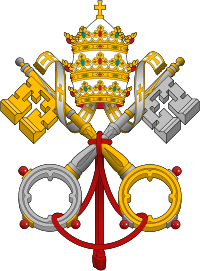
















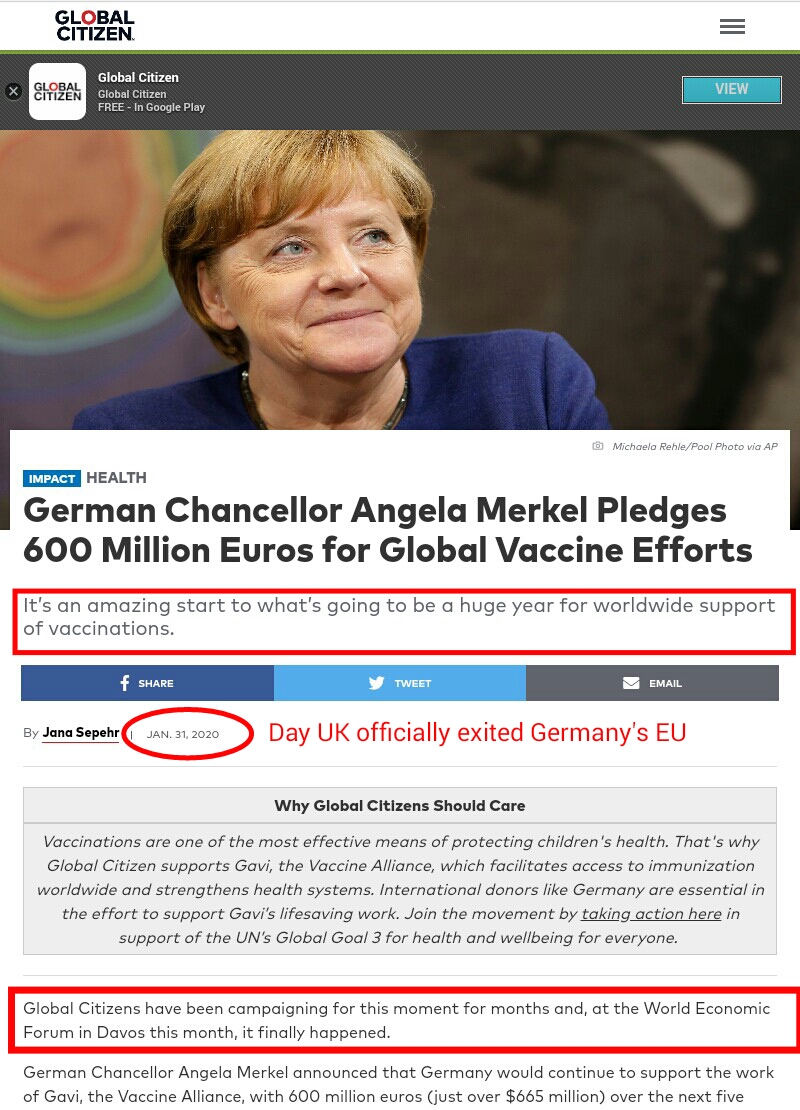





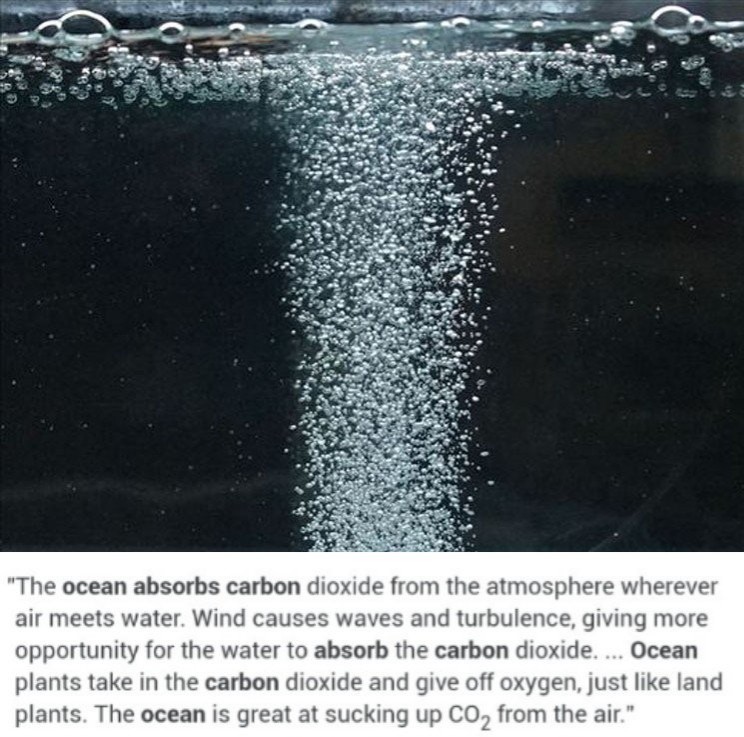
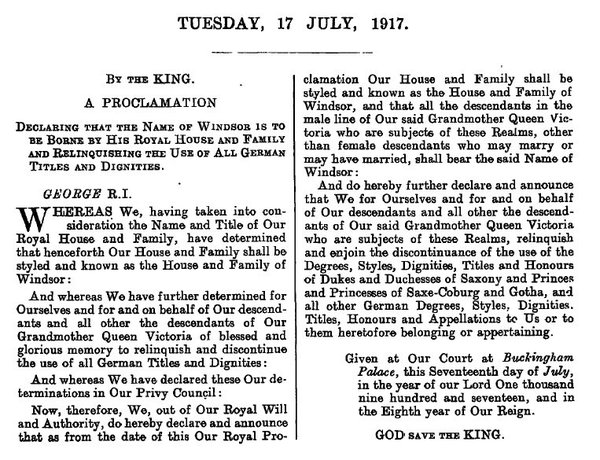




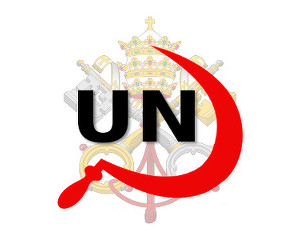
 1917 Code of Canon Law, Canon 185 invalidates (voids) all papacies since October 26, 1958 due to the fact Cardinal Giuseppe Siri was elected Pope on the Third ballot on Oct 26 1958 but the new Pope Gregory XVII was illegally prevented from assuming the office. A Pope was elected on October 26, 1958. Thousands of people witnessed a new Pope being elected by seeing white smoke and millions were informed by Vatican radio broadcasts beginning at 6:00 PM Rome time on October 26, 1958. The papacy of Francis, Benedict, John Paul II, John Paul I, Paul VI, John XXIII and any and all of their respective doctrines, bulls, letter patents and the Second Vatican Council are all invalidated (having no force, binding power, or validity) by Canon 185 because the 1958 conclave of cardinals elected Cardinal Giuseppe Siri Pope on Oct 26 1958. Cardinal Giuseppe Siri accepted the papacy by taking the name Pope Gregory XVII but was illegally prevented from assuming his elected office.. According to Canon 185 Cardinal Angelo Giuseppe Roncalli illegally assumed the papacy 2 days later by fraud and grave fear, unjustly inflicted against Cardinal Giuseppe Siri who was lawfully elected Pope Gregory XVII. Because no Pope has been lawfully elected since October 26, 1958 the Holy See (la Santa Sede/Seat) remains vacant.
1917 Code of Canon Law, Canon 185 invalidates (voids) all papacies since October 26, 1958 due to the fact Cardinal Giuseppe Siri was elected Pope on the Third ballot on Oct 26 1958 but the new Pope Gregory XVII was illegally prevented from assuming the office. A Pope was elected on October 26, 1958. Thousands of people witnessed a new Pope being elected by seeing white smoke and millions were informed by Vatican radio broadcasts beginning at 6:00 PM Rome time on October 26, 1958. The papacy of Francis, Benedict, John Paul II, John Paul I, Paul VI, John XXIII and any and all of their respective doctrines, bulls, letter patents and the Second Vatican Council are all invalidated (having no force, binding power, or validity) by Canon 185 because the 1958 conclave of cardinals elected Cardinal Giuseppe Siri Pope on Oct 26 1958. Cardinal Giuseppe Siri accepted the papacy by taking the name Pope Gregory XVII but was illegally prevented from assuming his elected office.. According to Canon 185 Cardinal Angelo Giuseppe Roncalli illegally assumed the papacy 2 days later by fraud and grave fear, unjustly inflicted against Cardinal Giuseppe Siri who was lawfully elected Pope Gregory XVII. Because no Pope has been lawfully elected since October 26, 1958 the Holy See (la Santa Sede/Seat) remains vacant.
 Hold the Crown (alias for temporal authority of the reigning Pope), the Crown appointed Governor General of Canada David Lloyd Johnston, the Crown's Prime Minister (servant) Stephen Joseph Harper, the Crown's Minister of Justice and Attorney General Peter Gordon MacKay and the Crown's traitorous military RCMP force, accountable for their crimes of treason and high treason against Canada and acts preparatory thereto. The indictment charges that they, on and thereafter the 22nd day of October in the year 2014, at Parliament in the City of Ottawa in the Region of Ontario did, use force and violence, via the staged false flag Exercise Determined Dragon 14, for the purpose of overthrowing and besieging the government of Canada contrary to Section 46 of the Criminal Code. In a society governed by the rule of law, the government and its officials and agents are subject to and held accountable under the law. Sign the online
Hold the Crown (alias for temporal authority of the reigning Pope), the Crown appointed Governor General of Canada David Lloyd Johnston, the Crown's Prime Minister (servant) Stephen Joseph Harper, the Crown's Minister of Justice and Attorney General Peter Gordon MacKay and the Crown's traitorous military RCMP force, accountable for their crimes of treason and high treason against Canada and acts preparatory thereto. The indictment charges that they, on and thereafter the 22nd day of October in the year 2014, at Parliament in the City of Ottawa in the Region of Ontario did, use force and violence, via the staged false flag Exercise Determined Dragon 14, for the purpose of overthrowing and besieging the government of Canada contrary to Section 46 of the Criminal Code. In a society governed by the rule of law, the government and its officials and agents are subject to and held accountable under the law. Sign the online  Two of the most obvious signs of a dictatorship in Canada is traitorous Stephen Harper flying around in a "military aircraft" and using Canadian Special Forces "military" personnel from JTF2 and personnel from the Crown's traitorous martial law "military" RCMP force as his personal bodyguards.
Two of the most obvious signs of a dictatorship in Canada is traitorous Stephen Harper flying around in a "military aircraft" and using Canadian Special Forces "military" personnel from JTF2 and personnel from the Crown's traitorous martial law "military" RCMP force as his personal bodyguards.

